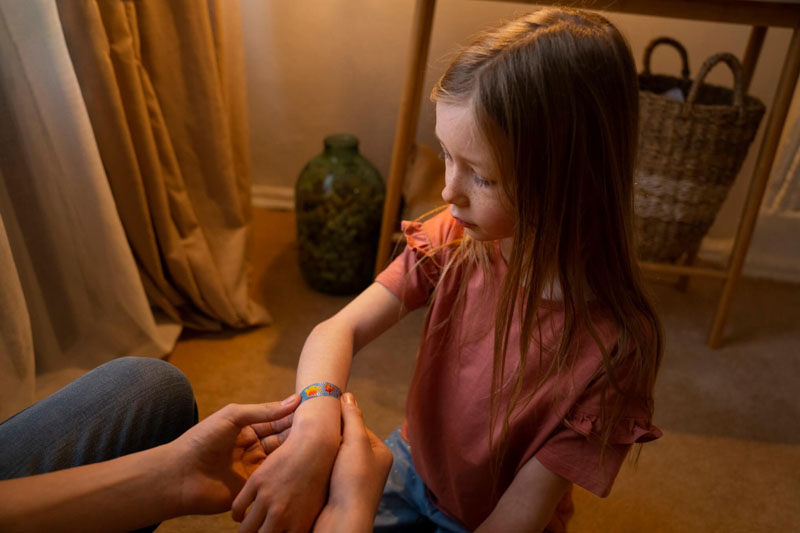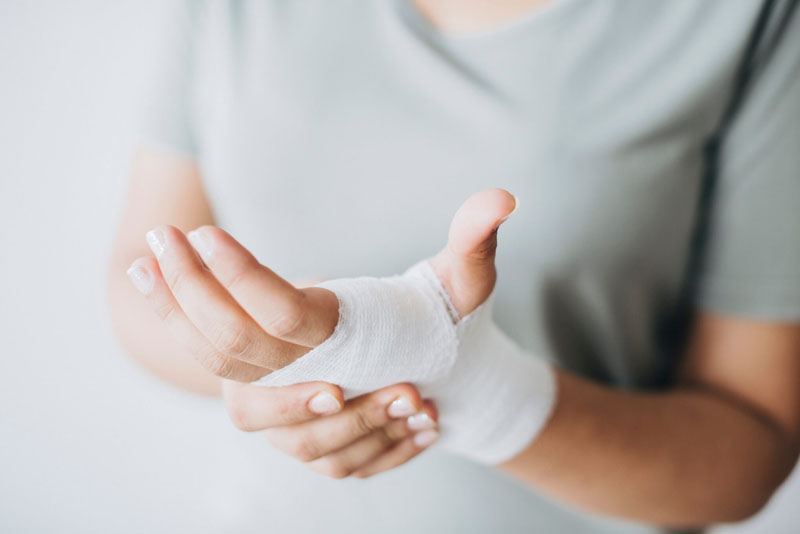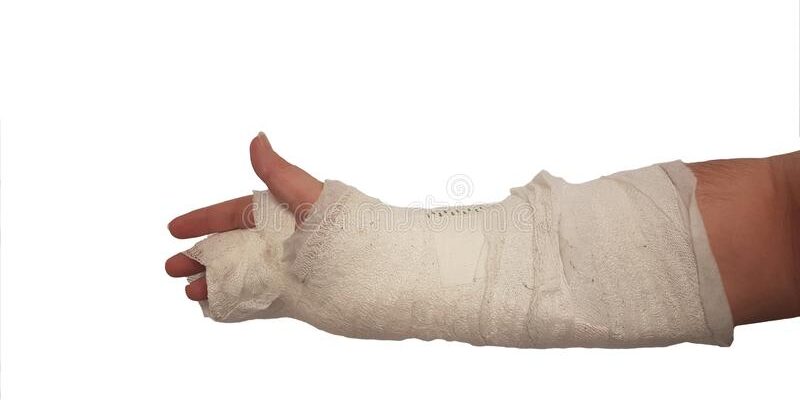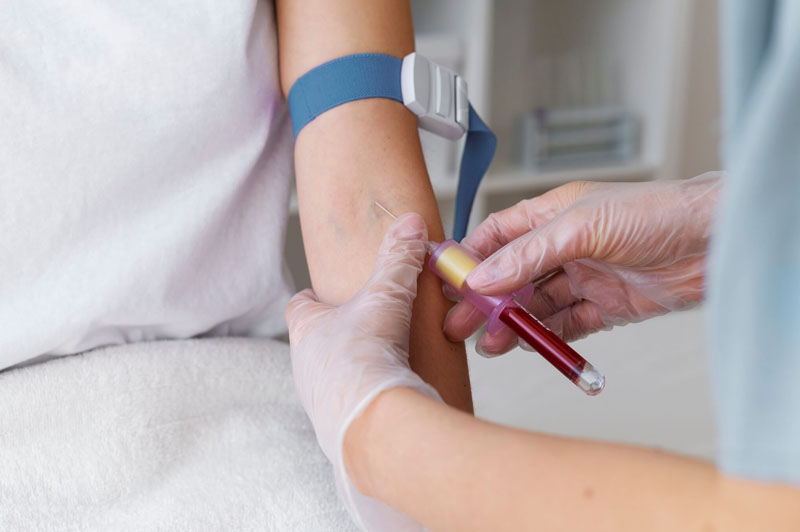Burns are common injuries that can occur anytime—whether at home, school, or during outdoor activities. While severe burns require immediate medical care, minor burns can often be treated effectively at home with the right approach.
Minor burns, also known as first-degree burns, impact only the outermost layer of skin (the epidermis). They’re typically caused by brief exposure to hot liquids, prolonged sun exposure, or contact with hot surfaces like an iron or stove.
Signs and Symptoms of Minor Burns:
- Skin redness
- Pain or tenderness
- Mild swelling
- Peeling skin within a few days
Note: Burns with large blisters, open wounds, or extensive coverage are not minor and need prompt medical attention.
First Aid for Minor Burns
Remove the Heat Source
- Ensure the child is out of harm’s way:
- If caused by hot liquid, carefully remove any soaked clothing.
- If a hot object remains on the skin, remove it cautiously.
Cool the Burned Area
- Cooling the area helps reduce skin temperature and prevent further damage:
- Run cool (not cold) water over the burn for 10–20 minutes to alleviate pain and swelling.
- If water isn’t available, use a cold compress or damp cloth, changing it regularly.
- Avoid applying ice directly, as it may cause additional damage.
Clean and Protect the Burn
- Once cooled, clean the burn to minimize infection risk:
- Gently wash with water and mild soap.
- Pat dry with a soft, clean towel—avoid rubbing.
- Cover with a sterile bandage or clean gauze to protect against contaminants and friction.
Relieve Pain
- Minor burns can be painful, so provide comfort:
- Use over-the-counter pain relievers like acetaminophen or ibuprofen (following dosage guidelines).
- Avoid home remedies like butter or non-medical ointments, which could worsen the injury.
Monitor the Healing Process
- Most minor burns heal within a week without significant scarring. However, seek medical care if:
- The burn shows signs of infection (increased redness, swelling, warmth, or pus).
- Pain persists or worsens.
- Sensitive areas are affected (face, hands, feet, or genitals).
You May Also Like: How to Treat Minor Cuts and Scrapes
Preventing Burns: Key Tips
Prevention is the best strategy, especially for children:
- In the kitchen: Use back burners and turn pot handles inward. Keep children away from stoves and hot utensils.
- Hot liquids: Don’t hold a child while handling hot drinks; place mugs out of reach.
- Electrical appliances: Supervise use of items like irons or curling irons.
- Chemicals: Store cleaning products and chemicals safely out of children’s reach.
- Sun exposure: Use sunscreen and lightweight protective clothing; avoid peak sun hours.
Minor burns are manageable if treated swiftly and correctly. Following these steps can ease pain and prevent complications.
💡 Need more support? Schedule an appointment at Doctor Urgent Medical Care today. Your well-being is our top priority!





